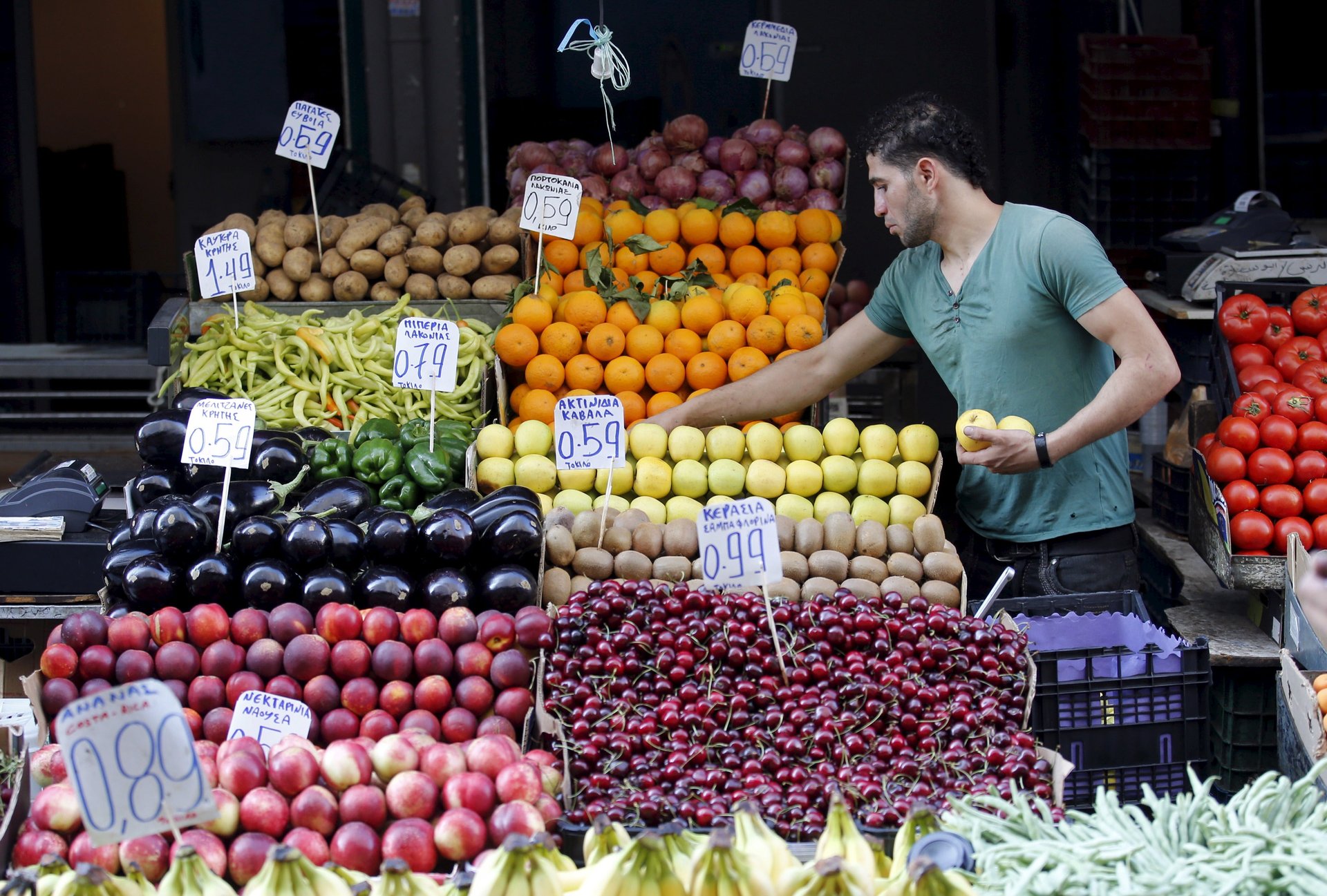Cryptocurrency isn’t reinventing money: It’s reinventing value
This story is part of What Happens Next, our complete guide to understanding the future. Read more predictions about the Future of Money.


This story is part of What Happens Next, our complete guide to understanding the future. Read more predictions about the Future of Money.
Throughout human history, we have placed value on all kinds of things: rice, cowries, even cigarettes in prisons. None of these things are “money” in the way we understand fiat currency, such as the bills and coins our governments supply to us. Fiat money only has value because one central authority decided that it will have such value, and then built a system around it.
If fiat currency only holds value because governments have told us it does, then what do we really value? If we unleashed ourselves from federal banks, how would the psychology behind money change?
Many societies have strong emotional ties to physical money and the consumerism that drives its spending. For a whole generation, people were told to deposit their hard-earned cash in banks. In exchange for this favor, the banks reassured them that they’d be set for life because of the interest they’d earn. However, the interest rate has been barely hovering above zero for a long time, and coupled with inflation, people’s purchasing power has actually been gradually eroded. And then there are those who can’t even participate in this economy: According to the World Bank’s Global Financial Inclusion database, only 47% of people in low- and middle-income countries have bank accounts.
Furthermore, our current financial system functions on debt, and the majority of the “new money” is created by loaning others money we don’t even have. In other words, we are trying to create unceasing economic growth via the use of inflationary currencies, backed by nothing but debt. (Most cryptocurrencies, on the other hand, are deflationary in nature.)
As time progresses, governments and central banks will develop a stronger foothold over their population, and their presence will grow in influence. In reaction, citizens will try to find ways to exchange value with each other without government intervention. Wealth disparity is on the rise, and the number of poor people is growing day by day.
These people have been disadvantaged by the current system, and they therefore can’t trust it. These people will not make enough money to trade with others wealthier than them, or be able to buy goods and services that are out of their economic power. They’ll therefore look for other ways to exchange.
This is where the concept of tokens comes in.
Token economics is gaining popularity. Tokens are a representation of a particular asset or utility that usually resides on top of a blockchain. They are less complex than cryptocurrencies such as bitcoin or ethereum, because you only need to slightly modify an open-sourced code instead of creating a blockchain from scratch. More importantly, tokens do not have to be thought of as “currencies” to possess an enormous amount of value: Any real-world asset—a painting, a house, a diamond—can be tokenized and traded with low transaction fees and in a very short amount of time.
Programmable tokens may end up driving programmable economies where societies and companies can design their own tokens and place whatever exchange value they would like on them. That way, marketplace value is only captured by those who create value for the marketplace.
In a way, we’re returning to the past. The global financial system started with bartering, and we are now adopting a similar structure on a digitized platform. These tokens, like the rice, cowries and cigarettes of the past, do not need to have value assigned by some centralized, external entity: They can just be used in defined, specific, distinct forms of trade within a community of peers.
Everything does not have to have a price tag on it to have value—there are many other skills, goods, and services we can provide that are of equal value to money, if not more. We need to give the word “value” a whole other set of meanings.
Our relationship to money is broken. Token economics could fix it.
This story is part of What Happens Next, our complete guide to understanding the future. Read more predictions about the Future of Money.